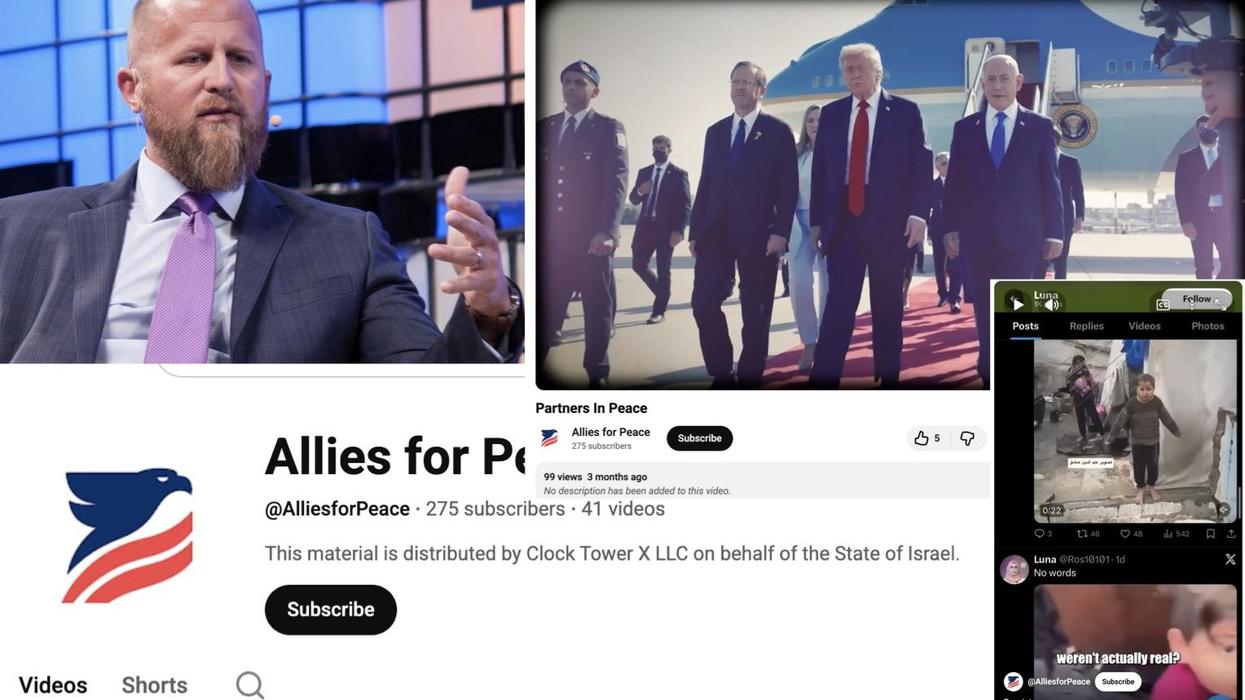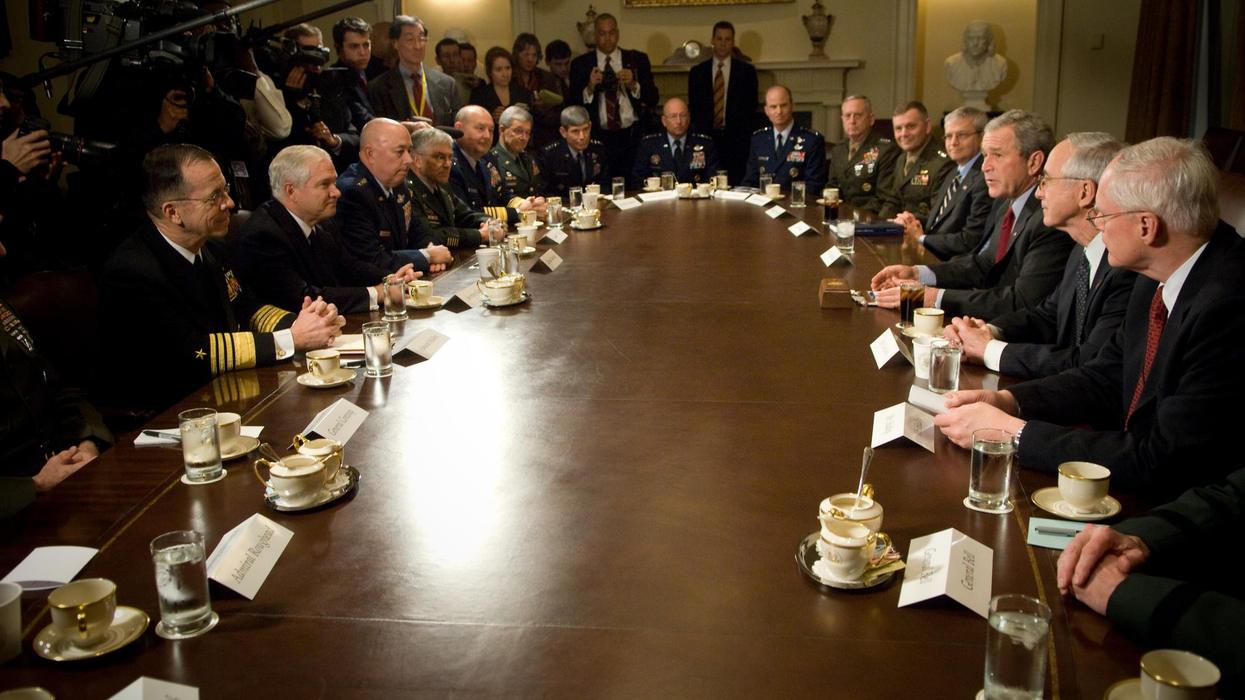With Ukraine-Russia tensions reaching a boiling point, the Senate is poised to vote this afternoon on a bill championed by Senator Ted Cruz (R-TX) to sanction Russian businesses associated with the Nord Stream 2 gas pipeline. If completed the pipeline would allow Russia to circumvent Ukraine and export natural gas directly to Germany, a move Ukrainian interests fiercely oppose as, amongst other issues, it will cost the country hundreds-of-millions in energy transit fees it receives every year under the current pipeline system.
While the vote and seemingly all things Ukraine-Russia have garnered front-page headlines, behind the scenes, Ukraine has launched a multi-million dollar lobbying push to steer U.S. foreign policy on this, and other issues, in its direction.
In just the past year, the Ukrainian government and other interests in Ukraine have hired nine firms that registered under the Foreign Agents Registration Act. Most prominently, Yorktown Solutions, has reported receiving more than $1 million from Ukraine clients in 2021 and contacted congressional offices hundreds of times on behalf of the Ukraine Federation of the Employers of the Oil and Gas Industry (UFEOGI), including at least one meeting between these lobbyists and Senator Cruz himself. Yesterday, the firm sent a “Nord Stream 2 pipeline - Facts on the Ground” brief in support of Cruz’s bill to hundreds of congressional offices.
Additionally, UFEOGI inked deals with Karv Communications and Arent Fox in the summer of 2021, which, respectively received nearly $120,000 and more than $300,000 from UFEOGI to advocate against Nord Stream 2. Karv has focused heavily on media outreach related to the pipeline, and reported meeting with journalists at the Wall Street Journal, CNN, Reuters, and others on UFEOGI’s behalf. Arent Fox has played more of an inside game for UFEOGI, focusing its efforts on influence at the State Department.
These and many more details about the Ukraine lobby in the United States will be chronicled in a forthcoming Quincy Institute report on the topic. And, as for the vote today, even if Cruz’s bill isn’t passed as is expected, it’s well worth noting that Ukraine’s lobbyists and public relations professionals were a vital reason the bill even made it this far.

















